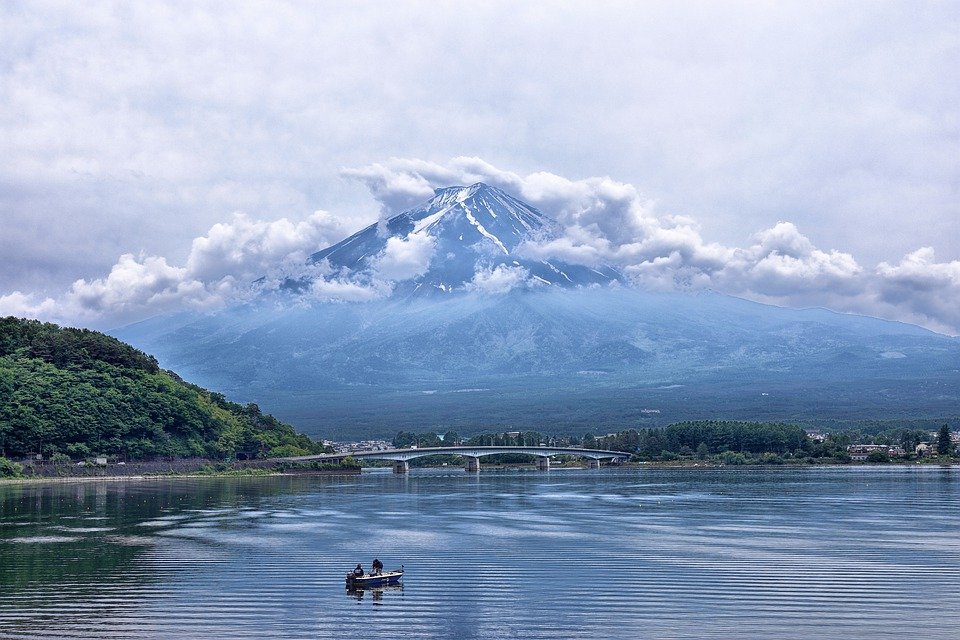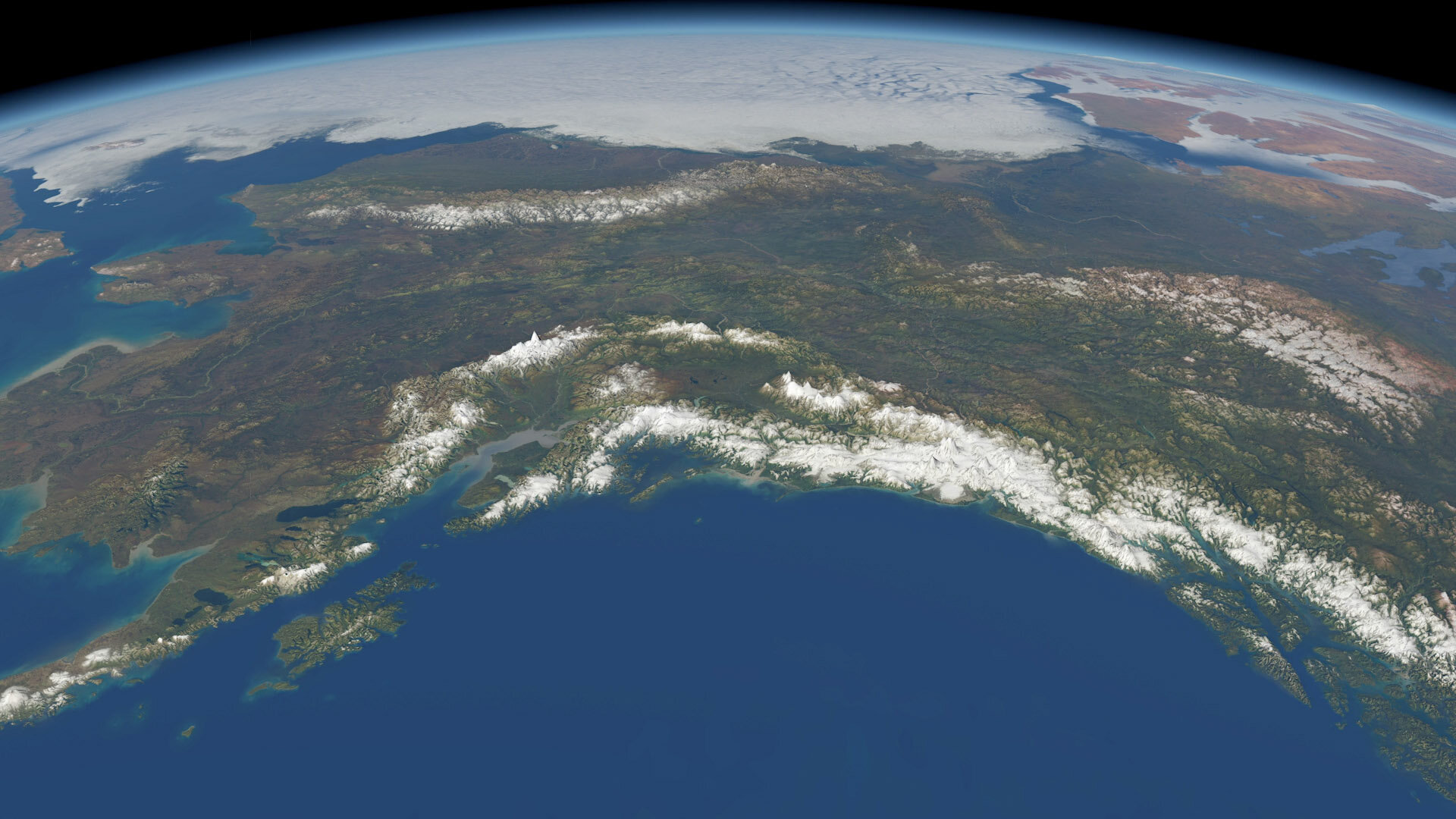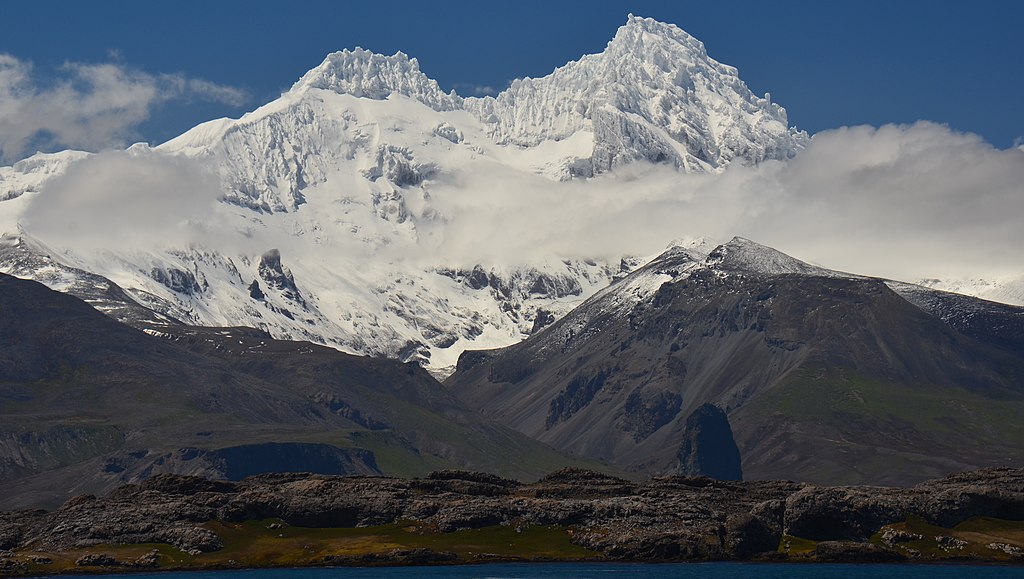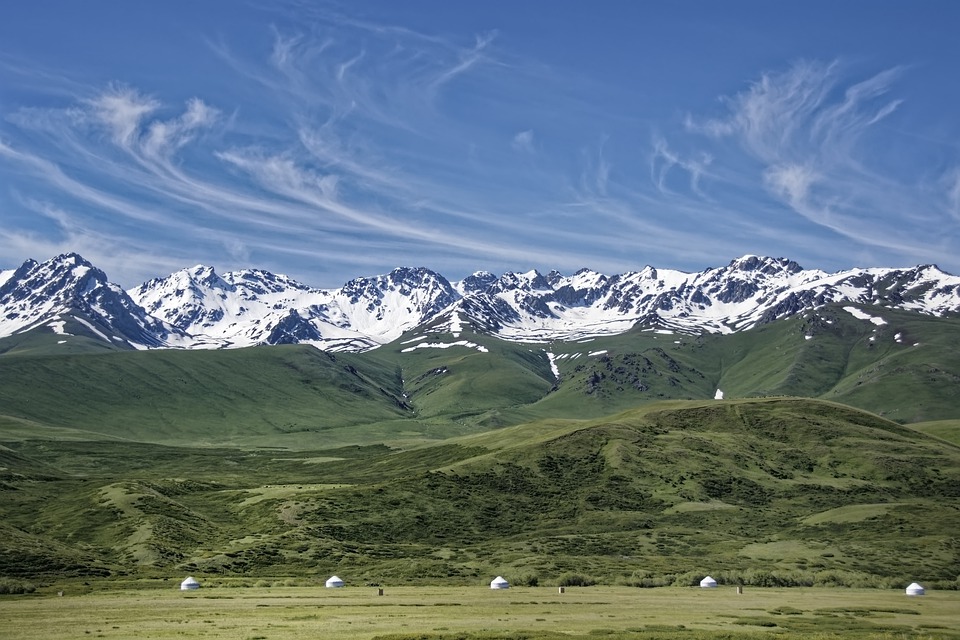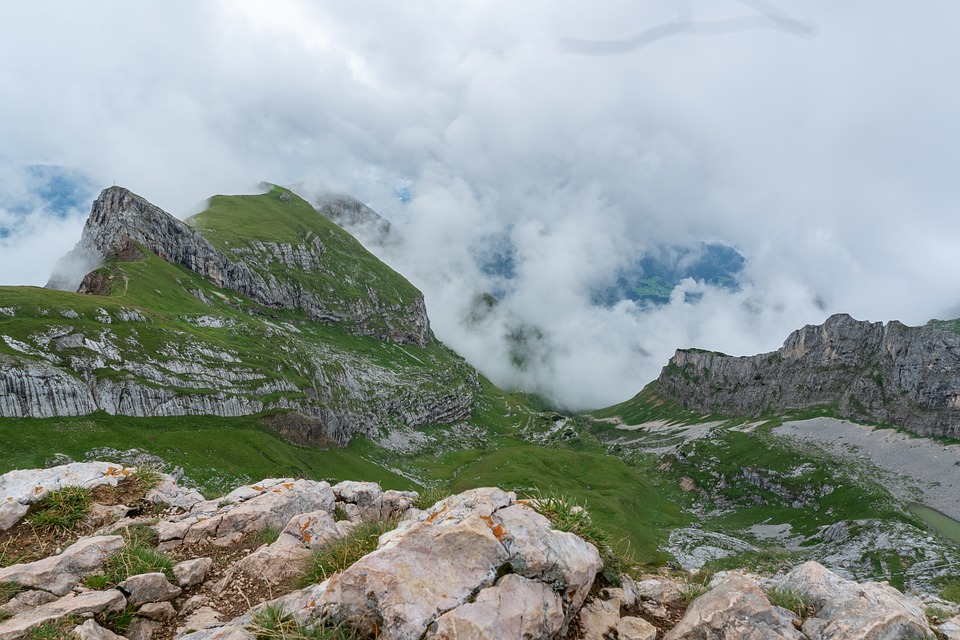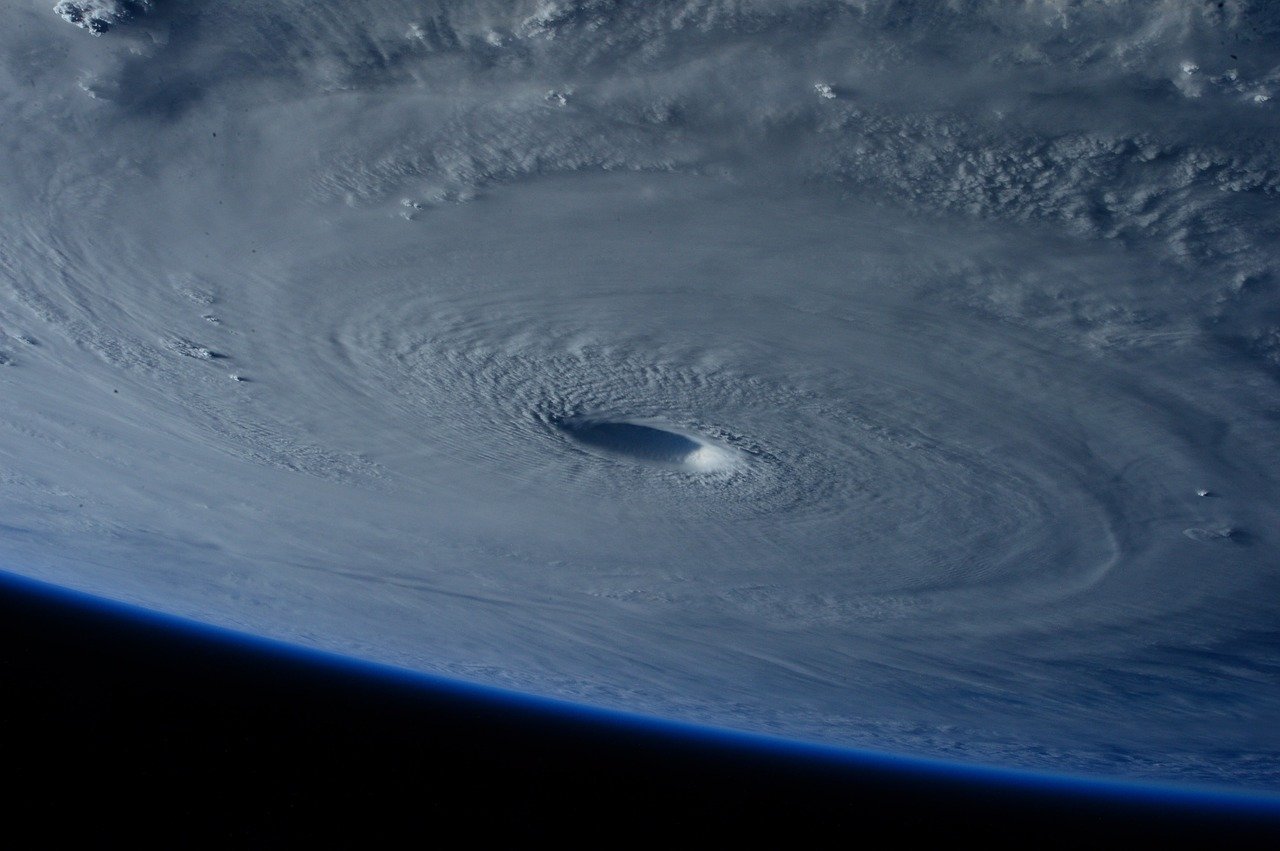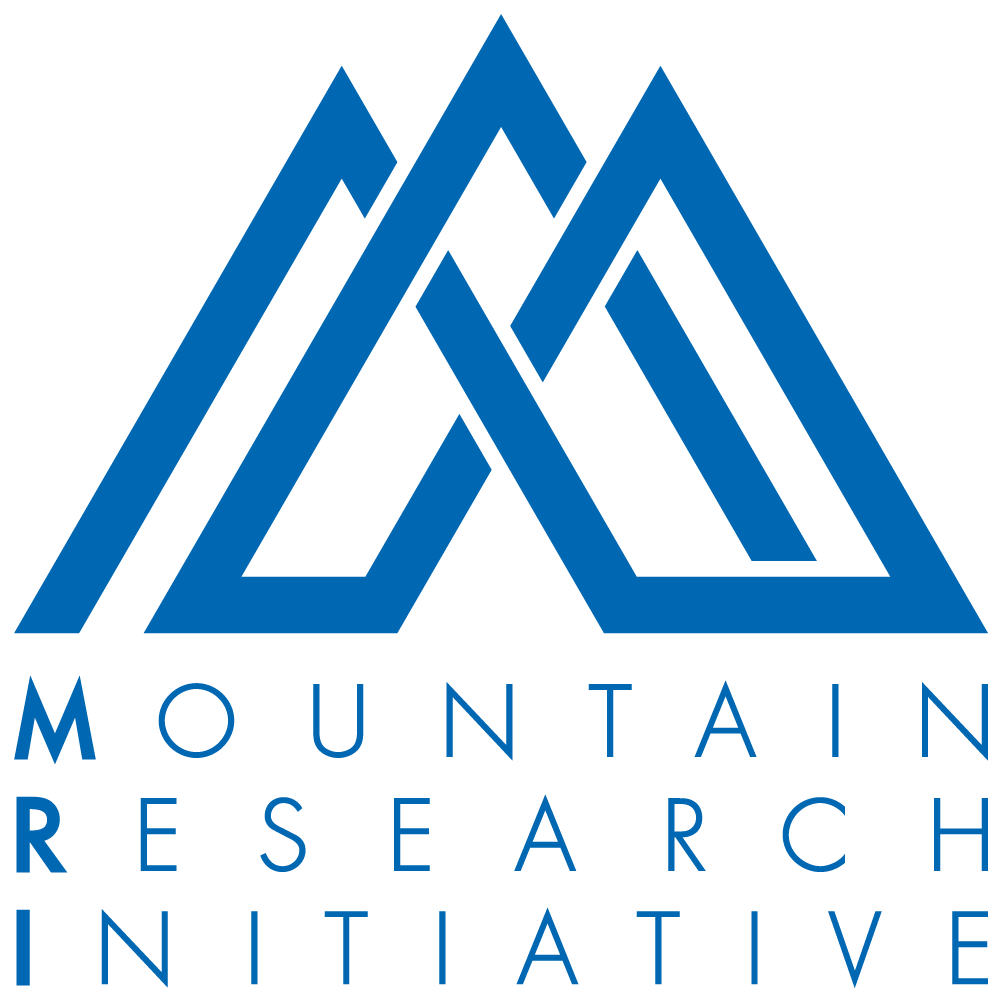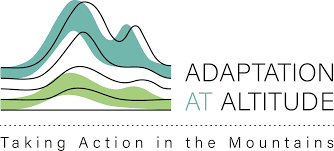News
- Details
- Category: Global News
The newly formed Global Network for Geoscience and Society (GNGS) seeks the mountain research community's input.
The GNGS will address aspects of science-policy while also highlighting non-policy-related opportunities for civic-minded geoscientists to address societal challenges related to natural resource exploitation, environmental contamination, natural hazards, and climate change.
- Details
- Category: Global News
New research based on information from the European Space Agency’s CryoSat mission shows how much ice has been lost from mountain glaciers in the Gulf of Alaska and in High Mountain Asia since 2010.
As our climate warms, ice melting from glaciers around the world is one of main causes of sea-level rise. As well as being a major contributor to this worrying trend, the loss of glacier ice also poses a direct threat to hundreds of millions of people relying on glacier runoff for drinking water and irrigation.
- Details
- Category: GEO Mountains
A new article published in the journal One Earth proposes a set of potential Essential Mountain Climate Variables to support the monitoring and understanding of key climate change-related mountain processes. The article builds upon a workshop organized by GEO Mountains and hosted by the MRI.
Climate change is having a range of effects on mountain environments and the critically important ecosystems services they provide. Decision-makers rely on the mountain research community to monitor, understand, and predict possible future changes in these complex, interacting processes. For instance, global assessments, local and regional climate modeling, and climate change adaptation and mitigation all require consistent, long-term, and inter-comparable environmental observations.
- Details
- Category: GEO Mountains
The GEO Mountains May meeting served as a platform for exchange, bringing participants up to speed on recent developments at GEO Mountains and inviting discussion on the formation of Task Groups. GEO Mountains participants also provided key updates on ongoing projects that could contribute to the objectives of GEO Mountains.
- Details
- Category: GEO Mountains
The European Geophysical Union (EGU) General Assembly 2021 took place virtually from 19-30 April, 2021. GEO Mountains Scientific Project Officer James Thornton hosted a splinter meeting focused on mountain observations and presented recent progress toward defining Essential Mountain Climate Variables (EMCVs).
- Details
- Category: Global News
A collaborative effort by the research community has enabled the very first Alpine-wide assessment of station snow depth – and found decreases in snow depth in spring across all altitudes and regions over the last 50 years.
New research published in the journal The Cryosphere evaluates snow data for the period 1971-2019 from more than 2000 measuring stations in Austria, France, Germany, Italy, Slovenia, and Switzerland, making it the first Alpine-wide assessment of station snow depth. The study, coordinated by Eurac Research, is the result of an international collaborative research effort contributed to by over 30 partners.
- Details
- Category: Global News
The Earth Observation for Alpine ecosystems ‘eco4alps’ project, a regional initiative of the European Space Agency (ESA) and GEO Mountains affiliate project, seeks the mountain research community's input to assess stakeholder requirements in Alpine ecosystems.
- Details
- Category: GEO Mountains
The Global Climate Observing System (GCOS) recently invited all interested participants to review the draft of its 2021 Status Report.
Human populations in both upland and connected downstream regions rely greatly on ecosystem goods and services provided by mountainous environments. Yet being often extremely steep, remote, and/or inhospitable, mountains represent rather unique contexts, with obstacles to making representative and informative environmental observations being numerous.




